News and features
Read the latest news and features about our world-leading research, discoveries, fundraising and philanthropy. If you want to keep updated on our news, you can follow us on social media or sign up for our Search newsletter.
If you’re a journalist and want to find out more, you can contact our media relations team.
-content.tmb-hbmobile.jpg?Culture=en&sfvrsn=fec93f9d_2)
‘Game-changing’ immunotherapy doubles head and neck cancer survival
An immunotherapy drug has been hailed as a potential ‘game changer’ after being found to greatly improve survival for patients with relapsed head and neck cancer — a disease which is notoriously difficult to treat.

ICR Chief Executive Professor Paul Workman receives award from Spanish Cancer Foundation
Professor Paul Workman, Chief Executive of The Institute of Cancer Research, London, has been given a special award for his services to cancer research by the charity Cancer Research Innovation Spain (CRIS) at its annual gala ball.
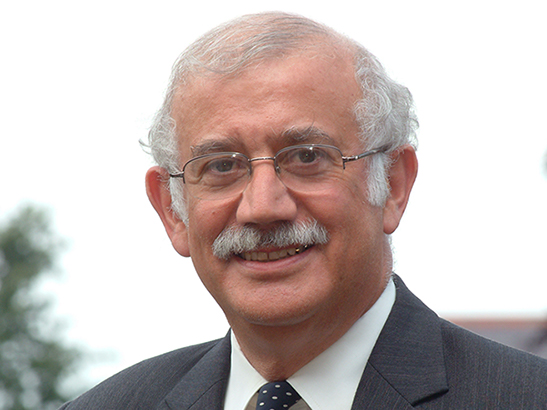
Professor Stan Kaye awarded Cancer Research UK lifetime achievement prize
Professor Stan Kaye, one of The Institute of Cancer Research, London’s most eminent researchers, has been awarded the Lifetime Achievement in Cancer Research Prize by Cancer Research UK.

‘Self-assembling’ molecules help key signalling pathway in bowel cancer
A key protein in cancer ‘self-assembles’ into structures which help drive signalling processes that fuel bowel cancer growth, a new study shows.

New treatment approach may offer hope to patients with aggressive childhood cancers
Targeted treatments that attack cancer metabolism could treat some of the most aggressive childhood cancers caused by faulty activation of a gene called MYCN, new research outlines.

3D-printed ‘AbdoMan’ could transform radiotherapy
A 3D-printed human torso is helping doctors safely and reliably model ‘internal radiation’ treatments for cancer.
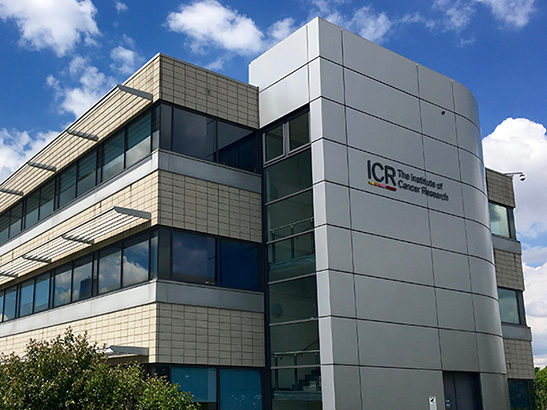
Statement about NICE decision on T-VEC for treating inoperable metastatic melanoma
The Institute of Cancer Research, London, has issued the following statement from Professor Kevin Harrington in response to the decision by NICE to approve the use of talimogene laherparepvec (T-VEC) for treating inoperable metastatic melanoma in adults when systemically administered immunotherapies are not suitable.

Men with high genetic chance of bowel cancer could have lower risk with healthy lifestyles
Men with a high genetic risk of developing bowel cancer over the next 25 years could have a lower risk of developing the disease if they also have a healthy lifestyle, according to a study.
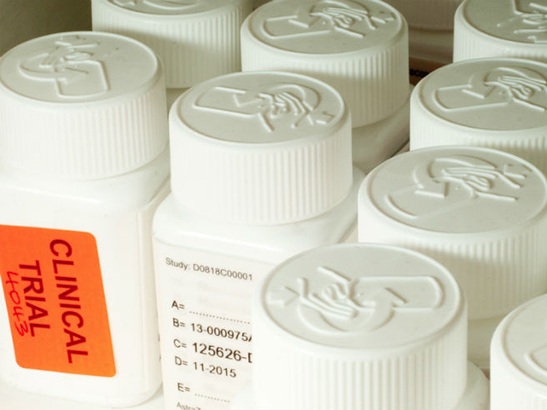
ProNAi licenses oncology drug targeting DNA damage response Checkpoint kinase 1 (Chk1) from CRT Pioneer Fund, UK
ProNAi Therapeutics, Inc. (NASDAQ: DNAI), a clinical-stage drug development company advancing targeted therapeutics for the treatment of patients with cancer, today announced that it has obtained an exclusive license from the CRT Pioneer Fund LP for worldwide rights to develop and commercialize PNT737 (formerly CCT245737), a highly selective, orally available, small molecule inhibitor of Checkpoint kinase 1 (Chk1).
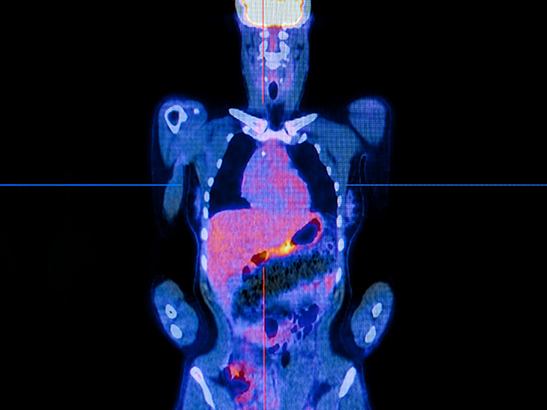
High-tech scan after chemotherapy could indicate whether head and neck cancer treatment is working
An advanced type of scan merging two imaging technologies could tell doctors whether treatment for head and neck cancer is working after just one cycle of chemotherapy.
-content.tmb-hbmobile.jpg?Culture=en&sfvrsn=fec93f9d_2)
Cancer patients’ optimism exceeds what phase I trials can deliver
Around half of cancer patients referred for phase I clinical trials thought their tumours would shrink, even after their clinician explained that the trial might not have the desired outcome, a new study reveals.
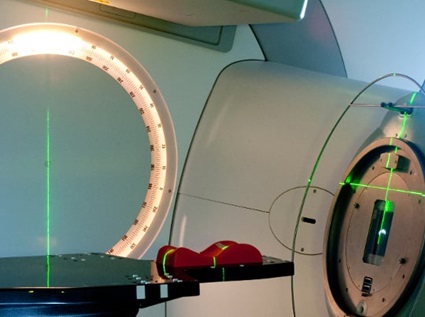
New triple therapy could boost treatment and prevent relapse in head and neck cancer
Combining a new targeted drug that blocks one of cancer’s escape routes could boost the effectiveness of combined chemo-radiotherapy for head and neck cancers and stop cells becoming resistant to treatment.
